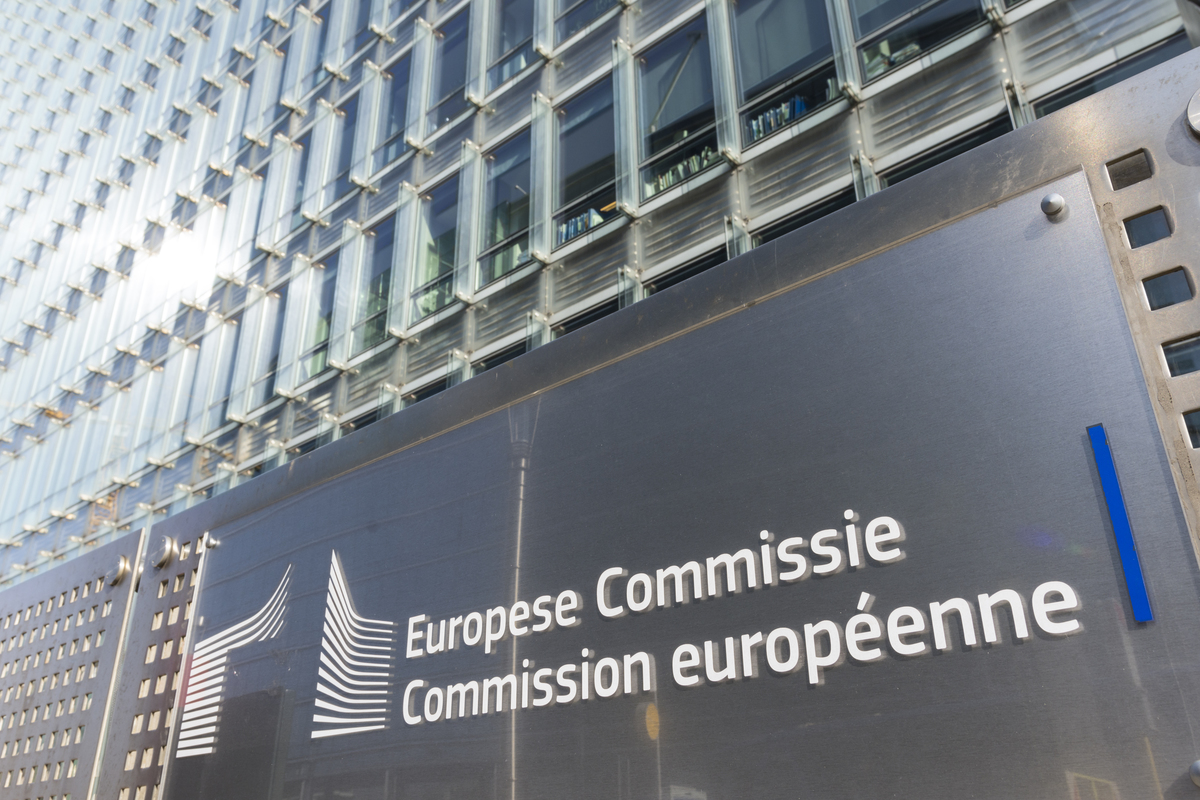Dear visitor,
You're reading 1 of your 3 free news articles this quarter
Register with us for free to get unlimited news, dedicated newsletters, and access to 5 exclusive Premium articles designed to help you stay in the know.
Join the UK's leading credit and lending community in less than 60 seconds.
EU to accelerate plans for fossil fuel independence
The European Commission has proposed a plan to make Europe independent from Russian fossil fuels well before 2030.

Senior Journalist, covering the Credit Strategy and Turnaround, Restructuring & Insolvency News brands.
This acceleration of plans - which has come about following Russia’s invasion of Ukraine - will start with its gas supply. Titled REPowerEU, it also outlines a series of measures to respond to rising energy prices on the bloc, and to replenish gas stocks for next winter.
As part of this process, it will seek to diversify gas supplies, speed up the roll-out of renewable gases and replace gas in hearing and power generation. It says this work could reduce EU demand for Russian gas by two thirds before the end of 2022.
Commenting on the news, the Commission’s president said: “We must become independent from Russian oil, coal and gas. We simply cannot rely on a supplier who explicitly threatens us.
“We need to act now to mitigate the impact of rising energy prices, diversify our gas supply for next winter and accelerate the clean energy transition. The quicker we switch to renewables and hydrogen, combined with more energy efficiency, the quicker we will be truly independent and master our energy system.”
By April, the Commission intends to present a legislative proposal requiring underground gas storage across the EU to be filled to at least 90% of its capacity by 1 October each year. This would entail the monitoring and enforcement of filling levels and build in solidarity arrangements between member states.
To address energy prices, the Commission is also looking into possible emergency prices, such as temporary price limits. Additionally, it’s going to assess options to optimise the electricity market design taking into account the final report of the EU Agency for Cooperation of Energy Regulators and other contributions on benefits and drawbacks of alternative pricing mechanisms to keep electricity affordable.
In addition to this, the Commission has introduced measures on Belarus in response to its involvement in aggression. The measures introduced include the SWIFT prohibitions similar to those in the Russia regime, restricting access to services to Belagroprombank, Bank Dabrabyt and the Development Bank of the Republic of Belarus, as well as their Belarusian subsidiaries.
It will also prohibit transactions with the Central Bank of Belarus related to the management of reserves or assets, and the provision of public financing for trade with and investment in Belarus.
Alongside this, it will significantly limit financial inflows from Belarus to the EU by prohibiting the acceptance of deposits exceeding €100 from Belarusian nationals or residents, and the holding of accounts of Belarusian clients by the EU central securities depositories.
The US, meanwhile, has imposed an immediate ban on Russian oil, liquefied natural gas, and coal. The bans will also cover new US investment in Russia’s energy sector, ensuring American companies and investors are not underwriting Vladimir Putin’s efforts to expand energy production inside Russia.
Americans will also be prohibited from financing or enabling foreign companies that are making investments to produce energy in Russia.
As for the UK, it will be phasing out imports of Russian oil. This will not be immediate, but instead allows the UK more time to adjust supply chains - supporting industry and consumers.
The government will work with companies through a new Taskforce on Oil to support them to make use of this period to find alternative supplies.
Stay up-to-date with the latest articles from the Credit Strategy team
Get the latest industry news





